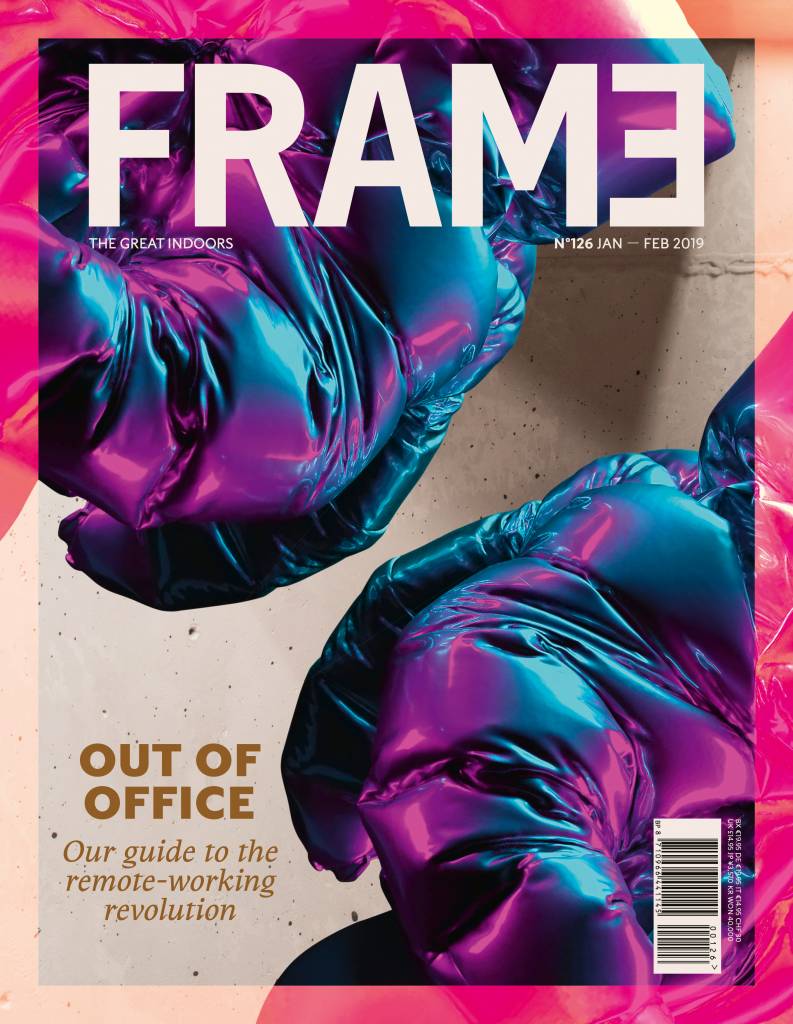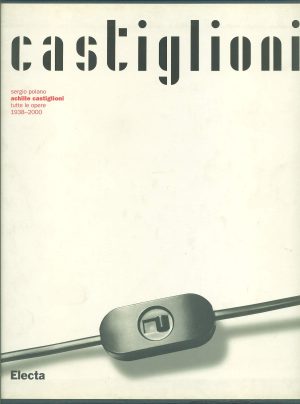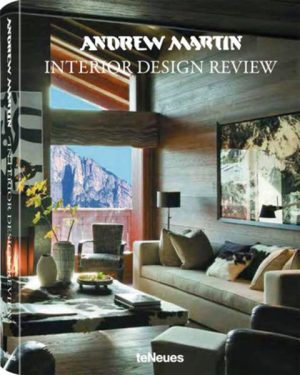AMSTERDAM – As offices are forced to redefine their very reason for existence, the Jan/Feb issue of Frame magazine explores alternative spaces to conduct work.
Objects
Technology gets intuitive. Architecture goes open-source. The true costs of design labour emerge. Can digital clothing save the planet? Is hyper-customization going too far? Discover new directions in the world of products.
The Challenge: Open Plan 2.0
In the lead-up to each issue, Frame challenges emerging designers to answer a topical question with a future-forward concept. Recent studies by Harvard and the Auckland University of Technology undermine the open-plan office. Once championed as a facilitator of collaboration among employees, an unstructured environment has the opposite effect, according to experts who claim that open-plan workplaces impede interaction and lower productivity. Resurrecting the cubicle certainly can’t be the answer, so what are the alternatives? We asked five makers to share their ideas.
Portraits
Paola Navone imagines an object-free future. Alberto Caiola stirs up Asian fusion. Alicja Kwade masters the art of illusion. Dong-Ping Wong wins with weirdness. Meet the people. Get their perspectives.
Spaces
Digital engagement replaces the real deal in retail. Schools are starting to look like Silicon Valley start-ups. Architects guide mourners through the grieving process. Step inside the great indoors.
Work Lab
Whether they prefer the term ‘flexible’, ‘agile’ or ‘remote’, today’s business leaders and their employees understand that spending your nine-to-five in a fixed office space is no longer a logical choice. Indeed, recent research by Fuze found that 83 per cent of workers don’t think they need a physical office to be productive. Where will we work in the future? Can the traditional office retain its relevance? And what happens when boundaries between home and work blur?
Report: Work
Brands prepare for a post-desk world. Flexible furniture helps foster community. Acoustic solutions beat distraction. Offices make us feel more at home at work. Discover what’s driving the business of design.
Veste editoriale: Brossura
Formato: 23×30
Pagine: 160
Immagini a colori:
Immagini b/n:
Lingua: GB
Anno: 2019
ISSN: 1388-4239-126
Potrebbero interessarti anche:
Prodotti correlati
AMSTERDAM – As offices are forced to redefine their very reason for existence, the Jan/Feb issue of Frame magazine explores alternative spaces to conduct work.
Objects
Technology gets intuitive. Architecture goes open-source. The true costs of design labour emerge. Can digital clothing save the planet? Is hyper-customization going too far? Discover new directions in the world of products.
The Challenge: Open Plan 2.0
In the lead-up to each issue, Frame challenges emerging designers to answer a topical question with a future-forward concept. Recent studies by Harvard and the Auckland University of Technology undermine the open-plan office. Once championed as a facilitator of collaboration among employees, an unstructured environment has the opposite effect, according to experts who claim that open-plan workplaces impede interaction and lower productivity. Resurrecting the cubicle certainly can’t be the answer, so what are the alternatives? We asked five makers to share their ideas.
Portraits
Paola Navone imagines an object-free future. Alberto Caiola stirs up Asian fusion. Alicja Kwade masters the art of illusion. Dong-Ping Wong wins with weirdness. Meet the people. Get their perspectives.
Spaces
Digital engagement replaces the real deal in retail. Schools are starting to look like Silicon Valley start-ups. Architects guide mourners through the grieving process. Step inside the great indoors.
Work Lab
Whether they prefer the term ‘flexible’, ‘agile’ or ‘remote’, today’s business leaders and their employees understand that spending your nine-to-five in a fixed office space is no longer a logical choice. Indeed, recent research by Fuze found that 83 per cent of workers don’t think they need a physical office to be productive. Where will we work in the future? Can the traditional office retain its relevance? And what happens when boundaries between home and work blur?
Report: Work
Brands prepare for a post-desk world. Flexible furniture helps foster community. Acoustic solutions beat distraction. Offices make us feel more at home at work. Discover what’s driving the business of design.
Veste editoriale: Brossura
Formato: 23×30
Pagine: 160
Immagini a colori:
Immagini b/n:
Lingua: GB
Anno: 2019
ISSN: 1388-4239-126
Potrebbero interessarti anche:
FAQ
Leggi le domande frequenti per avere maggiori informazioni sui metodi di pagamento, la spedizione e molto altro
Per acquistare uno o più libri è sufficiente compilare l’apposito modulo al quale si accede dalla scheda di ciascun libro.
Qualora i volumi ordinati non siano tutti immediatamente disponibili, il nostro staff si riserva di contattarti via mail per concordare le modalità di spedizione (A: invio immediato dei volumi presenti a magazzino e successivo invio di quelli mancanti – B. invio unico dopo il ricevimento da parte nostra dei volumi mancanti).
N.B. la fattura deve essere esplicitamente richiesta al momento dell’ordine, comunicando la ragione sociale completa di partita IVA e/o Codice Fiscale e Codice SDI.
Ai sensi dell’Art.5 del relativo Decreto, l’acquirente ha il diritto di recedere dal contratto e restituire i volumi ordinati entro 10 giorni lavorativi, purchè nel medesimo stato in cui li ha ricevuti. Il diritto di recesso dovrà essere esercitato mediante invio di lettera raccomandata A.R. a: LIMOND S.a.s. – via Arnolfo di Cambio 24/A – 37138 Verona (VR) – entro il termine di 10 (dieci) giorni lavorativi dal ricevimento dei volumi.
Tutti i resi dovranno essere autorizzati da Limond S.a.s (tel. +393472455641) con l’assegnazione di un numero di autorizzazione alla resa. Le spese di spedizione saranno interamente a carico del cliente e non si accetteranno pacchi in contrassegno.
Al ricevimento dei volumi, e verificata la loro integrità, Limond S.a.s. provvederà, entro 10 (dieci) giorni, ad accreditare il cliente del valore dei volumi restituiti.
La tempestività nell’evasione dell’ordine è determinata dalla disponibilità della merce ordinata. In caso di immediata disponibilità l’ordine verrà evaso entro 2 giorni lavorativi. Qualora uno o più libri non dovessero essere presenti a magazzino possono essere ordinati su richiesta; il nostro staff informerà il cliente, via mail, circa i tempi necessari per l’evasione dell’ordine.
Pagamento tramite bonifico bancario anticipato alle coordinate comunicate in fase di check-out
I costi di invio (che comprendono imballo e spedizione) per libri e riviste in ITALIA sono i seguenti:
Servizio postale: 3-5 gg (per merce immediatamente disponibile presso il nostro magazzino)
- Spedizioni per acquisti fino a 62,00€: €5,50
- Spedizioni per acquisti fino a 120,00€: €9,50
- Spedizioni per acquisti superiori a 120,00€: Gratuite
Per una quotazione dei costi di invio in EUROPA o per spedizioni internazionali vengono richiesti i seguenti dati:
- Nome/Cognome
- Indirizzo (comprensivo di Codice postale)
- Telefono (meglio se Cellulare)
Alla conferma di accettazione, verranno comunicate coordinate bancarie/account PayPal da utilizzare per il pagamento. Un Una volta ricevuto, verrà evasa la spedizione inoltrando notifica e tracciabiltà.








